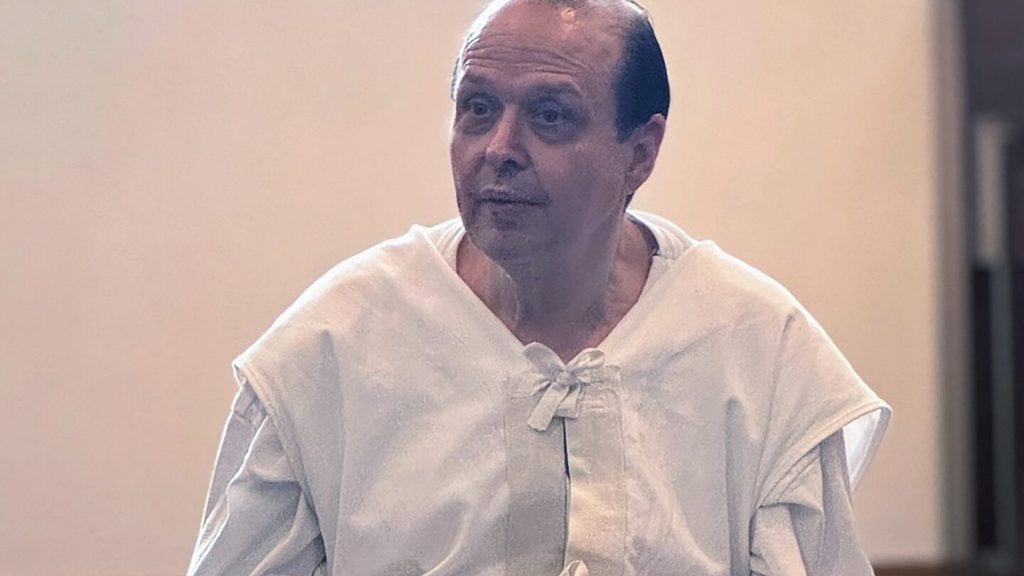A bipartisan group of Texas lawmakers made another unsuccessful attempt to bring Robert Roberson, a man on death row, to the state Capitol to testify about doubts surrounding his conviction for killing his 2-year-old daughter. Roberson was scheduled to be executed in October, but a last-minute subpoena prevented it. The case against him was based on a shaken baby syndrome diagnosis, a diagnosis that medical experts have called into question. The efforts to have Roberson testify have been met with resistance from the state’s attorney general, who believes that the science behind shaken baby syndrome has not changed enough to absolve Roberson of guilt.
Robert Roberson, who is now 58 years old, was convicted in 2003 of violently shaking his daughter and causing severe head trauma, resulting in her death. However, a group of lawmakers, civil rights advocates, and medical experts believe that the shaken baby diagnosis used in his case is inaccurate, and that his daughter likely died from symptoms of severe pneumonia. Despite these doubts, the attorney general has defended Roberson’s conviction, stating that lawmakers have overstepped their authority by attempting to interfere with the legal proceedings of the case.
The House Committee on Criminal Jurisprudence issued a subpoena for Roberson to testify one day before his scheduled execution in an unprecedented legal move that successfully halted the execution. However, a new execution date has not been set, and time is running out until the Legislature reconvenes in January. Criminal justice advocates in Texas have criticized the state’s highest criminal court for misinterpreting the “junk science law,” which allows wrongfully convicted individuals to have their sentences overturned based on dubious science. Despite the controversy surrounding his case, Republican Governor Greg Abbott has maintained that Roberson was rightfully convicted.
The Texas Supreme Court ruled in November that the subpoena issued by lawmakers was valid but cannot be used to circumvent a scheduled execution. The Texas Board of Pardons and Parole voted unanimously in October not to recommend clemency for Roberson. The case has garnered national attention as it raises questions about the criminal justice system and the use of scientific evidence in legal proceedings. The efforts to have Roberson testify publicly have been met with legal challenges and resistance from state authorities, highlighting the ongoing debate over the use of shaken baby syndrome as a basis for conviction in criminal cases.














